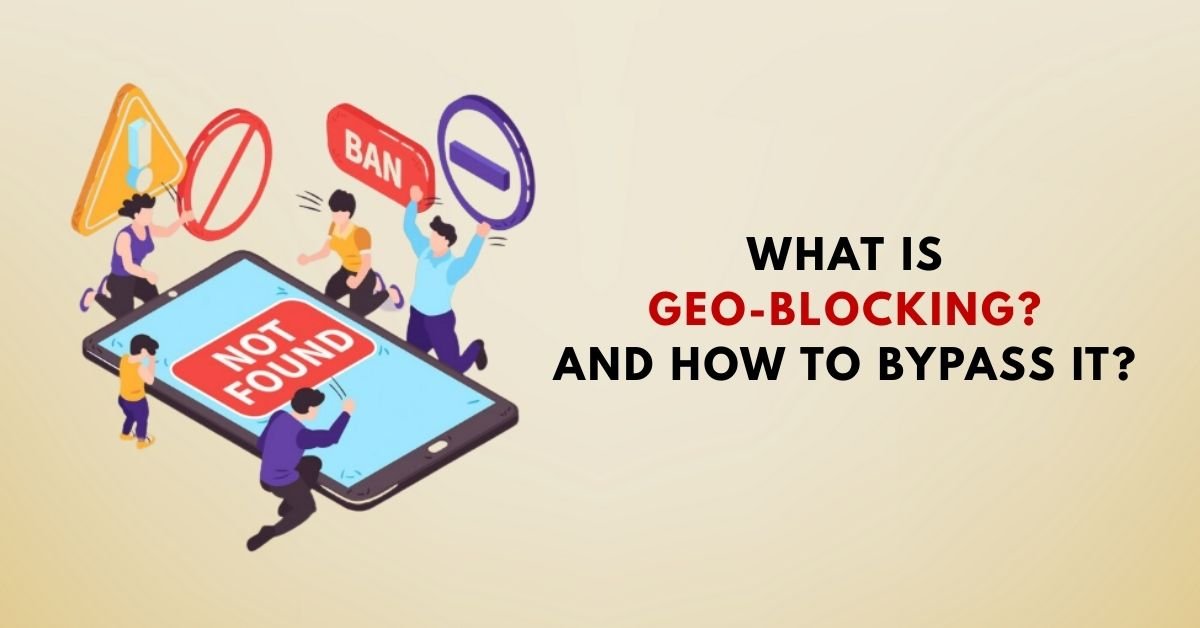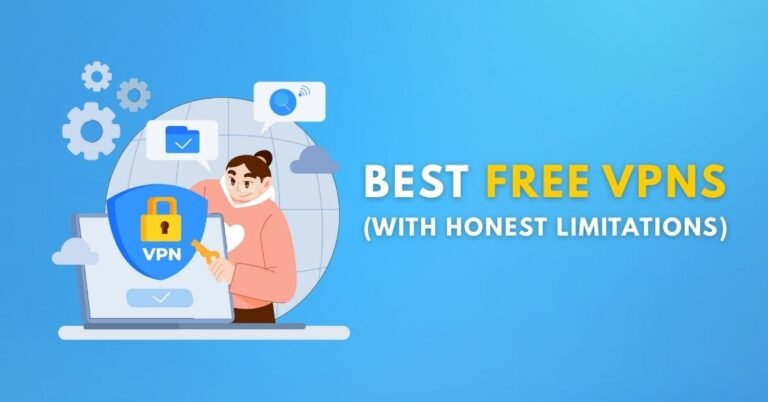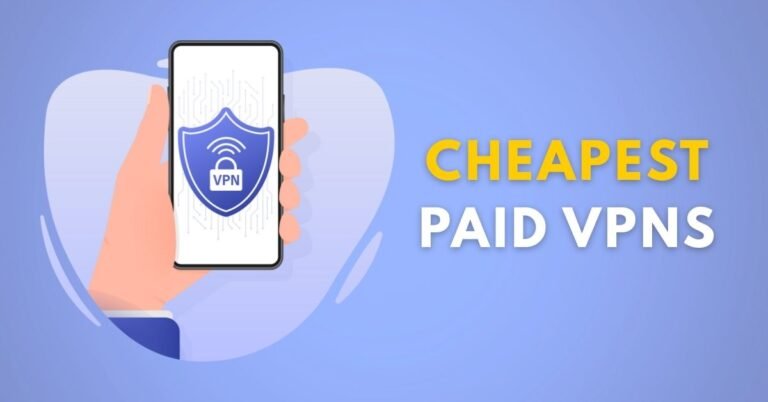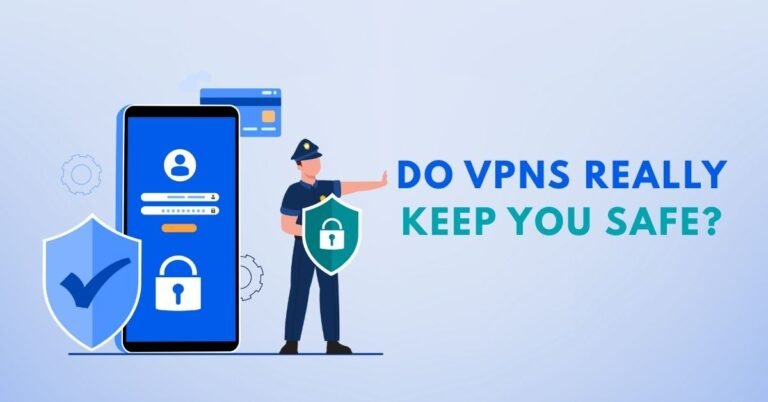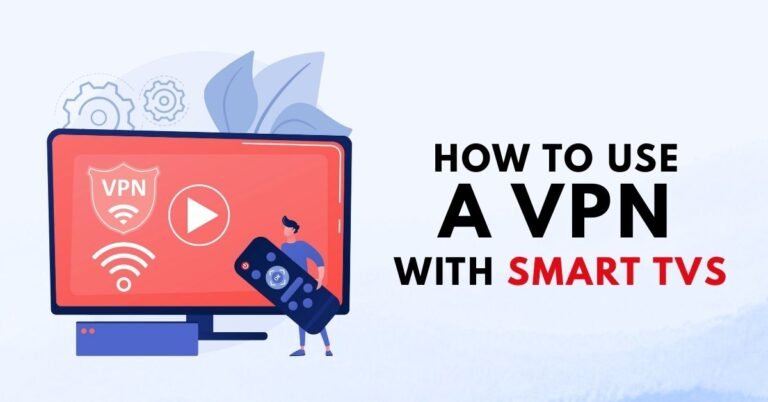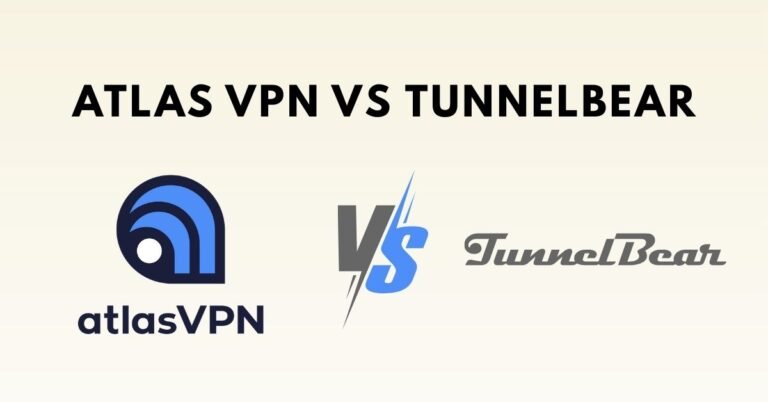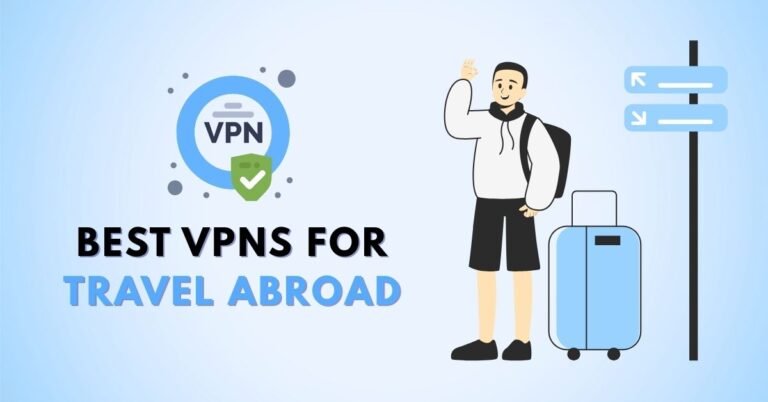Introduction
Geo‑blocking is a web restriction that denies or limits access to online content based on your geographical location. Whether you’re trying to stream a foreign show, access region‑locked news, or use services while traveling, geo‑blocks can be frustrating. At VPN AdWiser, we help readers understand geo‑blocking and the best methods to bypass it safely and legally using VPNs, proxies, SmartDNS, and more.

What Is Geo‑Blocking and Why Does It Exist?
Geo‑blocking (also spelled geoblocking or geolocking) uses geolocation technologies to determine your location and serve or deny specific content accordingly. It’s often enforced by:
- IP address checks (using GeoIP databases),
- GPS signals on mobile devices,
- DNS routing cues, and
- browser cookies storing location data .
Why companies use geo‑blocking
- Licensing and copyright laws: Streaming platforms like Netflix, HBO, and Hulu negotiate regional rights, limiting content per country.
- Price discrimination: Retailers may charge different prices based on region, leading to “Australia Tax” scenarios.
- Regulatory compliance: Some government services or sites restrict access based on national regulations.
- Fraud prevention and content control: Financial services or gambling platforms restrict access to reduce risk and comply with local rules.
How Exactly Geo‑Blocking Works
IP Address Filtering
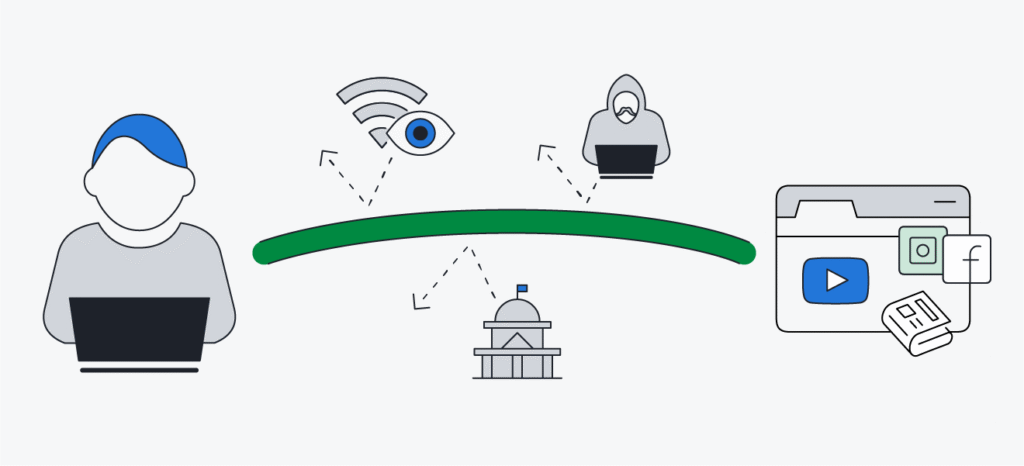
Platforms determine your country via your IP address, matched against GeoIP databases. This is the most common method and powers most streaming restrictions.
DNS Queries & Cookies
DNS servers and browser cookies can reveal or reinforce location. Some restrictions are implemented via DNS‑based blocking or previously stored geo cookies.
GPS or Device Location
Certain apps—especially mobile or embedded platforms—use GPS or cellular location to enforce location restrictions (e.g. local sports coverage).
Four Main Methods to Bypass Geo‑Blocking
VPN (Virtual Private Network)
A VPN reroutes your traffic through a server in another country, masking your real IP address. This makes services think you are browsing from the VPN server’s country.
Pros: Strong encryption, good privacy, reliable for streaming.
Cons: Some platforms detect and block VPNs. You may need to switch servers or providers.

Proxy Servers
Proxies redirect your traffic through intermediate servers, giving you a foreign IP—but may not encrypt traffic. Type options include HTTP proxies or SOCKS5.
Pros: Faster, cheaper, often used for web‑only tasks.
Cons: No encryption, less secure, often blocked by streaming platforms.
SmartDNS Services
SmartDNS reroutes only location‑sensitive DNS queries through remote servers without changing your IP. It works well for streaming and stays fast as no encryption overhead is applied .
Pros: Excellent speed and stealth.
Cons: No security/encryption—your ISP can still track your traffic.
Tor Browser
Tor anonymizes traffic by routing it through a global volunteer network. It hides your real IP and location, though often flagged by sites due to known exit node IPs.
Pros: Strong privacy, free.
Cons: Very slow, unreliable for streaming.
Choosing the Best Method—A Comparison Table
| Method | Privacy & Security | Streaming Reliability | Speed | Ease of Use | Pros | Cons |
|---|---|---|---|---|---|---|
| VPN | High (encrypted) | Excellent (esp. top VPNs) | Moderate | Very easy | Secure, reliable, multi-platform | Some streaming platforms block VPNs |
| Proxy | Low | Variable | High | Simple setup | Fast, often inexpensive | Not encrypted, easily blocked |
| SmartDNS | Low (no encryption) | Good | Very High | Minimal setup | Fastest for streaming | Traffic is unencrypted |
| Tor Browser | Very High | Poor | Slow | Requires technical Savvy | Maximum anonymity | Too slow for video, can be blocked |
Which VPNs Work Best for Geo‑Blocking in 2025?
Several VPN providers consistently rank top for bypassing geo‑blocks:
- NordVPN: Known for around 7,000+ servers in over 90 countries, with obfuscated servers, NordLynx protocol, fast speeds, and robust streaming/unblocking abilities—including for Netflix, BBC iPlayer, Amazon Prime and more .
- Surfshark: Budget-friendly, unlimited device support, fast speeds, strong anti‑block features like Camouflage Mode and NoBorders mode—excellent for travelers and streaming .
- ExpressVPN: Lightweight Lightway protocol, highly intuitive, reliable at bypassing blocks, strong privacy policies and RAM‑only servers.
- Proton VPN: Privacy-first Swiss provider, with Secure Core, Tor over VPN, AES‑256 encryption, audits, and generally effective unblocking—but slightly slower speeds in some regions.
- Mullvad VPN: Open‑source, no‑logs, WireGuard/OpenVPN with stealth options and reliable geo‑bypass capability, though smaller server network.
Tips for selecting a VPN for geo‑blocking:
- Choose providers with large server coverage in desired regions.
- Prefer VPNs with obfuscated or stealth servers that avoid VPN detection.
- Look for strong privacy policies, audited no‑logs claims, and kill switch features.
- Confirm compatibility with platforms you wish to unblock and device support.
Step-by-Step: Using a VPN to Bypass Geo‑Blocks
- Install a trusted VPN—such as NordVPN, Surfshark, or ExpressVPN.
- Log in and select a server in the country where the content is available.
- Delete cookies or use private mode to avoid previous location detection.
- Visit the target site—e.g. Netflix US, BBC iPlayer UK. If blocked, try a different server.
- Enable streaming mode or obfuscation if available (many premium VPNs offer this).
- Test speed and latency—switch servers if buffering persists.
- Be mindful of terms of service—some platforms may prohibit VPN use, though most tolerate casual usage.
Other Bypass Methods in Detail
Using a Proxy
Set up a SOCKS5 proxy or HTTP proxy with a server in the target region. Many streaming proxies exist—but only use reputable residential proxies to avoid bans.
SmartDNS Setup
SmartDNS services offer region‑specific DNS routing. To use: change your device’s DNS to the SmartDNS server; your IP remains intact, but streaming services see you as local. This maintains fast speeds—ideal for devices without VPN clients.
Tor Browser Use
Download the Tor Browser and select an exit node in the country you wish to appear from. Note: its slow speed and frequent blocking by streaming providers makes it a niche option for privacy‑centric users.
Legal and Ethical Considerations
- Legality varies by jurisdiction. In most countries (including India), using a VPN or proxy to bypass geo‑blocks is legal—but may violate a service’s terms of use.
- EU regulations restrict region‑based discrimination within EU countries—allowing travel-based portability—but content licensing often still prevents cross-border access.
- In restrictive countries (e.g. China, Iran), VPN providers often support stealth protocols to evade censorship, but users must understand local VPN regulations.
- Ethical obligation: Consider license-holder rights and do not use bypass methods to infringe copyright.
Real‑World Use Cases
- Travelers missing home content: Access your home country’s streaming services while abroad using a VPN. (e.g. British tourists using Surfshark to access ITVX abroad) .
- Censorship‑blocking: In China or Iran, tools like Amnezia VPN or Mullvad’s stealth options help bypass government firewalls reliably.
- Online gaming discounts: Some users connect via VPN to access region‑based game prices or servers in other countries. Caution is advised regarding account terms.
Best Practices and Troubleshooting Tips
- Clear cookies or use incognito mode before connecting via VPN or SmartDNS.
- Switch server locations if content still blocked.
- Restart the app or site after connecting VPN.
- Test multiple methods—some users layer VPN + proxy or VPN + SmartDNS.
- Monitor speed and latency, especially for HD streaming.
- Use kill-switch features to prevent leaks if VPN disconnects.
- Stay updated—VPN providers often release special obfuscated servers to outrun streaming blocks.
FAQ Section
1. Can I bypass geo‑blocking with a free VPN or proxy?
You can try, but free VPNs and proxies often lack reliability, speed, encryption, and privacy. Streaming platforms actively block free IP addresses, and some free providers may collect data or inject ads.
2. Is bypassing geo‑blocking legal in India and globally?
Using VPNs is legal in India and many countries. However, it may violate service terms. Some countries prohibit VPN use altogether—always check local regulations and platform policies.
3. Why is Netflix still blocking me even when I’m using a VPN?
Netflix and others maintain active blacklists of known VPN IP ranges. Use providers with obfuscation, try different servers, or switch to services known for constant unblocking like NordVPN or Surfshark.
4. SmartDNS vs VPN: which is better for streaming?
SmartDNS is faster and works well for devices without VPN clients, but lacks encryption. VPN offers better privacy, device-level support, and can access blocked websites—not just streaming.
5. Can I combine methods—like VPN + proxy?
Yes. Some advanced users layer a VPN with a proxy or SSH tunnel for extra stealth. Be cautious—this can slow connections and may violate service terms.
Conclusion
Geo‑blocking may seem like a barrier—but with the right tools and strategies, you can overcome region‑based restrictions safely and efficiently. VPNs remain the most powerful solution, offering both privacy and reliable access when chosen wisely. Proxy servers, SmartDNS, and Tor serve niche use cases—depending on your needs in speed, anonymity, or device support.
At VPN AdWiser, we guide you through selecting proven VPN providers like NordVPN, Surfshark, ExpressVPN, Proton VPN, or Mullvad—each offering unique strengths in bypassing geo‑blocks and protecting online privacy.
By combining streaming‑ready features, strong encryption, and global server coverage, these providers help you enjoy content from anywhere in the world—without compromising security or breaking the law.

